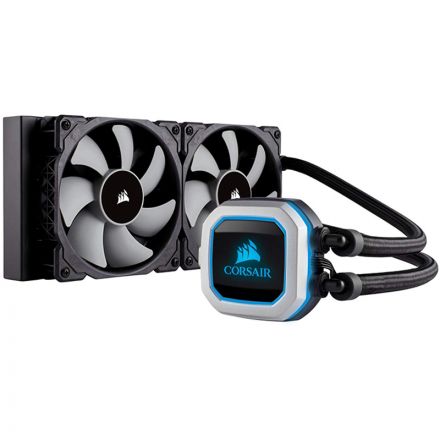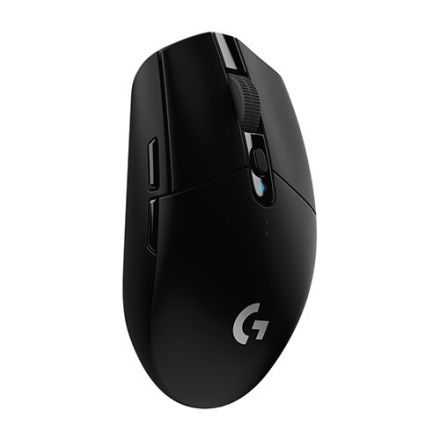This website uses cookies to ensure you get the best experience on our website. Read more


Posted: December 25, 2023
Building your own gaming PC can be a thrilling and rewarding experience. From selecting the right components to assembling them into a powerful gaming rig, every step is crucial in ensuring you get the best performance for your investment. One of the most critical components to consider is the Central Processing Unit (CPU). In this guide, we'll explore the key factors to consider when selecting the perfect CPU for your gaming needs.
Understanding the Basics:
Before diving into the specifics, it's essential to understand the basic concepts of CPUs. The CPU, often referred to as the brain of the computer, is responsible for executing instructions and performing calculations. In gaming PCs, the CPU plays a crucial role in handling tasks such as physics calculations, artificial intelligence, and other processes that contribute to overall game performance.
Consider Your Budget:
Your budget is a significant factor that will influence your CPU choice. Fortunately, there are CPUs available at various price points, catering to both budget-conscious builders and those looking for high-end performance. Identify a budget range that suits your needs and start exploring CPUs within that range.
Gaming Requirements:
Different games have varying requirements, and the CPU plays a crucial role in delivering smooth gaming experiences. While some games are more GPU-intensive, others rely heavily on the CPU for tasks like game physics and AI. Research the recommended system requirements for your favorite games and choose a CPU that aligns with those specifications.
Core Count and Threads:
The number of cores and threads is a key consideration when selecting a CPU. Cores represent the physical processing units, while threads indicate how many tasks a CPU can handle simultaneously. In general, more cores and threads lead to better multitasking performance. For modern gaming, a quad-core processor is often the minimum, but six or eight cores are increasingly becoming the standard for optimal performance.
Clock Speed:
Clock speed, measured in gigahertz (GHz), represents how quickly a CPU can execute instructions. Higher clock speeds generally result in better performance, but it's essential to strike a balance between cores and clock speed. Some games benefit more from higher clock speeds, while others may require additional cores for optimal performance.
Brand Considerations:
Two major players in the CPU market are Intel and AMD. Both companies offer a range of CPUs with different performance levels. AMD CPUs are often praised for providing excellent value for money, while Intel CPUs are known for their high single-threaded performance. Consider your specific needs and budget when choosing between these two brands.
Future-Proofing:
Technology evolves rapidly, and it's essential to consider future-proofing your gaming PC. Opting for a CPU with a good balance of performance and potential for future upgrades can extend the lifespan of your gaming rig. Consider CPUs that are compatible with the latest technologies and platforms to ensure longevity.
Cooling Solutions:
The thermal performance of your CPU is crucial for maintaining stability and preventing overheating. Some CPUs come with stock cooling solutions, while others may require an aftermarket cooler. Research the thermal specifications of your chosen CPU and invest in a cooling solution that matches your gaming and overclocking requirements.
Conclusion:
Selecting the perfect CPU for your gaming PC involves a careful balance of performance, budget, and future-proofing. By considering factors such as core count, clock speed, brand, and cooling solutions, you can build a gaming rig that delivers exceptional performance and meets the demands of your favorite games. Keep these considerations in mind as you embark on the exciting journey of building your dream gaming PC.














